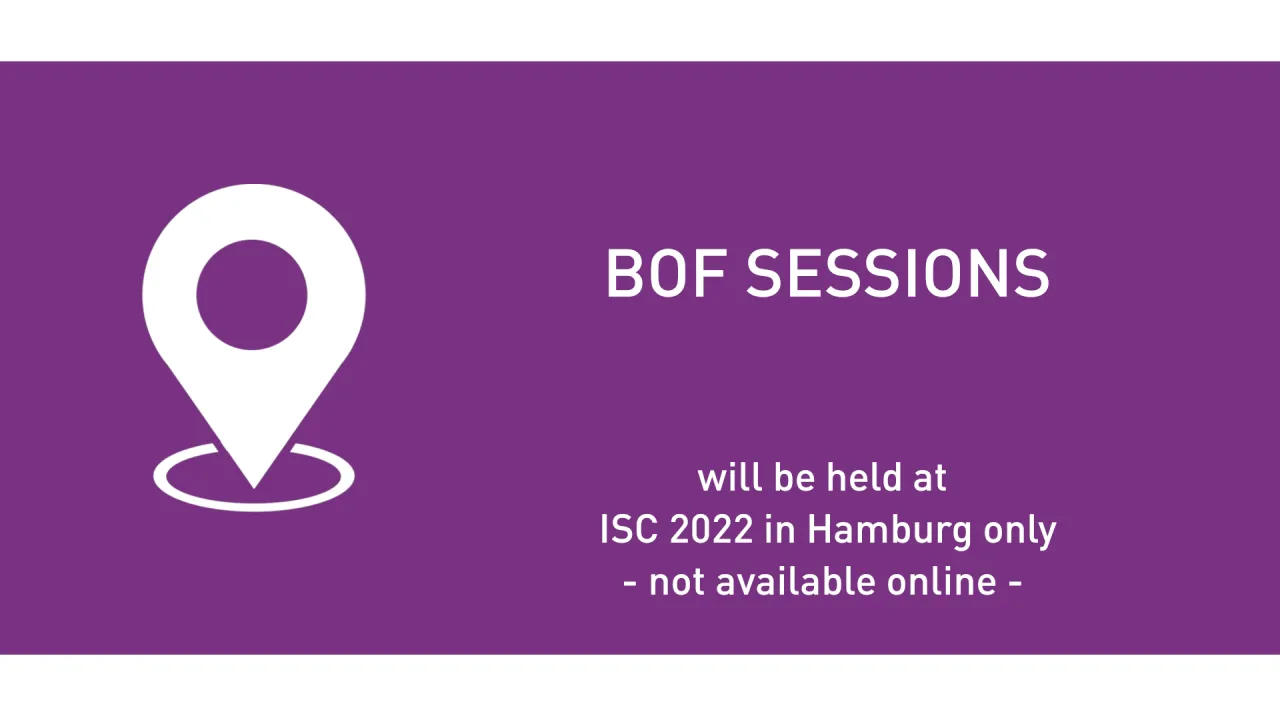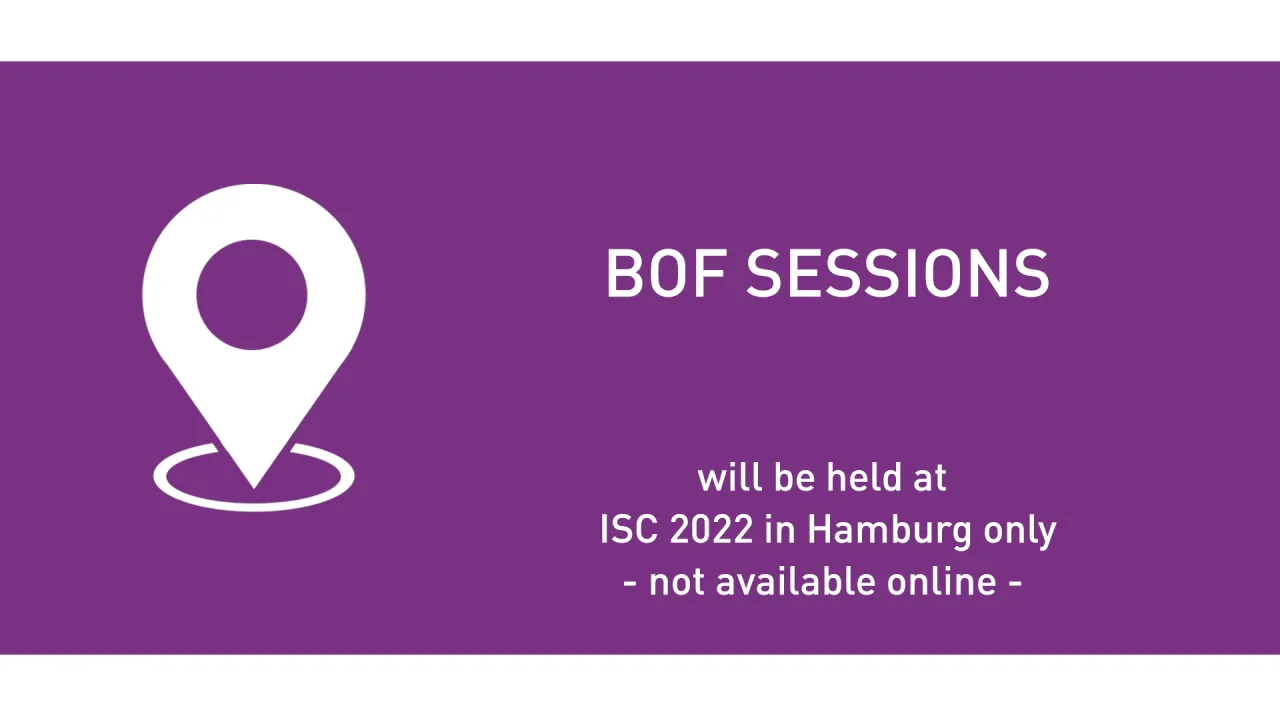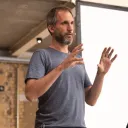

OpenHPC Community BoF
Monday, May 30, 2022 4:00 PM to 5:00 PM · 1 hr. (Europe/Berlin)
Hall D - 2nd Floor
HPC Workflows
Information
This BoF aims to bring together contributors, system administrators, architects, and developers using or interested in the OpenHPC community project (http://openhpc.community). This BoF proposal is a follow-on to three successful OpenHPC BoFs at ISC starting in 2016, and a pre-cursor BoF at ISC in 2015 that helped motivate creation of the OpenHPC project.
Launched in November 2015, OpenHPC is a Linux Foundation project comprised of over 35 members from academia, research labs, and industry. OpenHPC is focused on providing HPC-centric package builds for a variety of common components in an effort to minimize duplication, implement integration testing to gain validation confidence, and provide a platform to share configuration recipes from a variety of sites. To date, the OpenHPC software stack aggregates over 85 components ranging from administrative tools like bare-metal provisioning and resource management to end-user development libraries that spawn a range of scientific/numerical uses. OpenHPC adopts a familiar package repository delivery model and the BoF will begin with technical presentations from members of the OpenHPC Technical Steering Committee (TSC) highlighting current status, recent changes, and near-term roadmaps. Open discussion will follow after the update overview and this BoF will provide an opportunity for attendees to interact with members of the OpenHPC TSC and other community members to provide feedback on current conventions, packaging efforts, request additional desired components and configurations, and discuss general future trends. Feedback from attendees has been very beneficial in the past and helps prioritize and guide future community releases and long-term directions or the project.
Contributors:
Launched in November 2015, OpenHPC is a Linux Foundation project comprised of over 35 members from academia, research labs, and industry. OpenHPC is focused on providing HPC-centric package builds for a variety of common components in an effort to minimize duplication, implement integration testing to gain validation confidence, and provide a platform to share configuration recipes from a variety of sites. To date, the OpenHPC software stack aggregates over 85 components ranging from administrative tools like bare-metal provisioning and resource management to end-user development libraries that spawn a range of scientific/numerical uses. OpenHPC adopts a familiar package repository delivery model and the BoF will begin with technical presentations from members of the OpenHPC Technical Steering Committee (TSC) highlighting current status, recent changes, and near-term roadmaps. Open discussion will follow after the update overview and this BoF will provide an opportunity for attendees to interact with members of the OpenHPC TSC and other community members to provide feedback on current conventions, packaging efforts, request additional desired components and configurations, and discuss general future trends. Feedback from attendees has been very beneficial in the past and helps prioritize and guide future community releases and long-term directions or the project.
Contributors:
- Christopher Simmons (University of Texas at Dallas)
- David Brayford (Leibinz Supercomputing Centre)
- Arian Reber (Red Hat)
- Karl Schulz (Oden Institute for Computational Engineering and Sciences)
- David Brayford (Leibinz Supercomputing Centre)
Format
On-site

